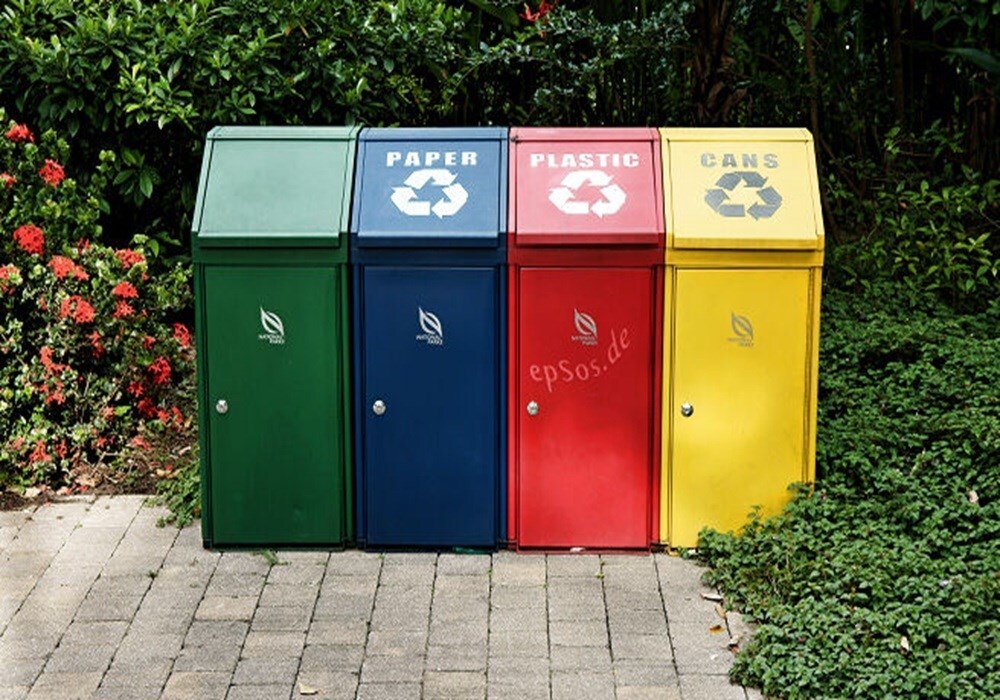您想继续阅读英文文章还
是切换到中文?
是切换到中文?

THINK ALUMINIUM THINK AL CIRCLE

A trial of Scotland’s forthcoming Deposit Return Scheme (DRS), at New College Lanarkshire, has seen positive responses from students, returning more than 20,000 cans and plastic bottles over five weeks.

This initiative, which was part of a joint effort between Keep Scotland Beautiful, Coca-Cola Europacific Partners (CCEP), was introduced across the Motherwell, Coatbridge, and Cumbernauld campuses. It offered a 20p reward for every container deposited in on-site Reverse Vending Machines (RVMs) as a gesture to influence student recycling habits.
Explore- Most accurate data to drive business decisions with 50+ reports across the value chain
The interesting observation was a dramatic shift in behaviour during the trial period. There was about an 80 per cent rise in RVM usage from the same weeks last year. At the closing of the experiment, 20,177 items were collected (11,293 cans and 8884 plastic bottles), as against 255 containers deposited in the same period previously.
The rise in engagement proved closely tied to the incentive, because once the reward expired, RVM usage declined by 91 per cent compared with the trial’s weekly average. Even so, 80 per cent of the vouchers issued during the experiment were redeemed, highlighting strong participation while the incentive remained in place.
The project follows on from earlier research carried out by Keep Scotland Beautiful, CCEP and the University of Strathclyde, which examined student motivations around recycling. That study showed that half of the students believed that an incentive would encourage them to recycle more.
Read More: Sortera’s AI sorting system is quietly rewriting the rules of aluminium recycling
Barry Fisher, Chief Executive of Keep Scotland Beautiful, emphasised the significance of the findings. A simple incentive has accelerated the usage of RVMs, which is the outcome of consistent campus messaging. It’s indeed helpful to build public awareness way ahead of the nationwide DRS campaign.
Jo Padwick, Senior Sustainability Manager at Coca-Cola Europacific Partners GB, said the results demonstrated clear and positive behavioural impact. He said, “These studies are allowing us to see firsthand how people interact with a DRS in reality and build a picture of what recycling behaviour will look like ahead of its eventual rollout across the UK in 2027.”
Professor Christopher Moore, Principal and Chief Executive of New College Lanarkshire, expressed pride in the college’s involvement. “We were delighted to be a partner on this important project. The success of this trial reveals just what can be accomplished when the incentives are right. When young people are given the right support, they can make huge and positive changes to their environment.”
Must read: Key industry individuals share their thoughts on the trending topics
Responses








